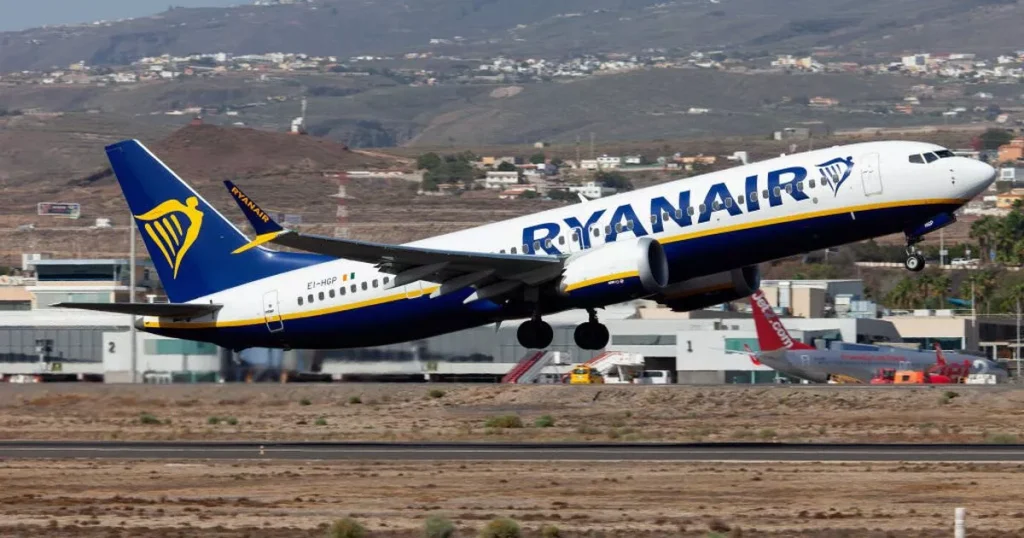Thousands of flights in Europe and the Mediterranean have been affected by jamming attacks believed to be linked to Russia, causing satnav issues and confusion for pilots. Over 2,000 Ryanair and Wizz Air flights reported problems in the Baltic region, with numerous other airlines also affected. The attacks led pilots to engage in drastic manoeuvres to avoid non-existent obstacles. The European Aviation Safety Agency raised concerns about safety risks posed by these attacks, with the origins of the attacks not confirmed but widely speculated to be from Russia.
Reports suggest that Russian President Vladimir Putin may be behind the jamming attacks targeting European flights. These attacks disrupt signals from satellites like GPS and Galileo, leading to navigation issues for aircraft. The interference from these jamming attacks poses a safety risk for pilots and passengers, as it affects the accuracy of navigation systems on board. These attacks have been particularly rampant in areas near Russia and its garrisons, where GPS denial has been used as a form of harassment against Nato borders.
Researchers analyzing data found that aircraft in Europe and parts of Asia experienced high levels of interference from jamming attacks in recent months. Countries such as Poland, Estonia, Latvia, Finland, Bulgaria, Romania, Turkey, and Cyprus reported medium to high levels of jamming. The Baltic and Mediterranean regions were identified as hotspots for these attacks, with thousands of flights encountering satnav problems. Analysts suggest that areas reporting low navigation accuracy align with known or suspected jamming activity, indicating deliberate interference.
Although airlines like Ryanair claim they have alternate systems to mitigate the effects of jamming attacks, the disruption caused by these attacks can still result in safety concerns. Pilots rely heavily on satellite navigation systems for accurate positioning and routing, so any interference can lead to confusion and potentially dangerous situations. The use of jamming attacks as a form of harassment or provocation against neighboring countries has been attributed to Russian military operations and strategic goals in the region.
The prevalence of jamming attacks targeting commercial flights highlights the need for increased awareness and security measures in aviation. The impact of these attacks on navigation systems and the safety of flights underlines the importance of identifying and addressing these threats effectively. International cooperation and coordinated efforts are crucial in mitigating the risks posed by jamming attacks, as they have the potential to disrupt air travel and compromise safety standards. By understanding the origins and methods of these attacks, steps can be taken to enhance the resilience of aviation systems and protect against future incidents.
The use of jamming attacks in targeting aircraft navigation systems represents a growing security concern for the aviation industry. The deliberate disruption of satellite signals poses significant safety risks for flights and passengers, highlighting the need for robust measures to counter such threats. As the frequency and intensity of these attacks increase, authorities must work together to identify and address the root causes of the interference. By implementing proactive security measures and monitoring systems, the aviation sector can better protect against the risks posed by jamming attacks and ensure the safe operation of flights across Europe and beyond.


